May 15, 2025 | 04:50 GMT +7
May 15, 2025 | 04:50 GMT +7
Hotline: 0913.378.918
May 15, 2025 | 04:50 GMT +7
Hotline: 0913.378.918

Imported rice from Vietnam being unloaded in Surigao City port. Photo: Inquirer.
But analysts worry the move could benefit foreign producers such as Vietnam and leave Filipino farmers struggling to compete.
The decision was announced Tuesday, following a meeting of an inter-agency panel headed by President Ferdinand Marcos Jr. The move will lower prices for rice to "make it more affordable," Arsenio Balisacan, head of the National Economic and Development Authority, said in a statement.
Rice makes up 9% of the Philippine consumer price index, but the statement said the staple accounted for more than half the headline inflation rate over the past three months. Prices rose for the third straight month in April, climbing 3.8% on the year.
"Reducing rice tariffs is expected to bring down rice prices for consumers, while supporting domestic production through tariff cover and increased budgetary support to improve agricultural productivity, especially as global rice prices remain elevated," said Balisacan.
Balisacan said the Marcos administration is attempting to hold down prices for poor Filipinos by cutting the duty on imported rice to as low as 29 pesos ($0.49) per kilogram within the year.
When Marcos was in charge of the agriculture department in August last year, he imposed a price cap on rice to stifle inflation, a move economists said was ineffective. He lifted the price cap a month later.
According to Balisacan, the president will issue an executive order cutting the tariff. At the same meeting, the Philippines announced that tariffs on corn, pork and mechanically deboned meat will remain unchanged through 2028.
Miguel Chanco, chief emerging Asia economist at U.K.-based Pantheon Macroeconomics, noted that the move will make imported rice cheaper than domestic products, "which in turn will undoubtedly have a negative impact on farmers' incomes," he said. "The flip side, on a macro basis, is that this should help significantly -- once implemented -- in pulling headline inflation down, assisting the purchasing power of all Filipinos," Chanco told Nikkei Asia.
He said that the change would be a "huge benefit" to rice exporters in Asia, such as Vietnam and Thailand, but that India will continue to miss the boat due to the country's export curbs.
Robert Dan Roces, chief economist at Security Bank in Manila, called the lower duties a "double-edged sword," since consumers will benefit while leaving farmers facing stiff competition from cheaper imports. "This might push some to diversify crops, potentially disrupting established practices. Government support programs, such as subsidies and improved farm efficiency, are crucial to cushion the blow for farmers," he told Nikkei Asia.
Roces, however, cautioned that such a move could leave rice exporters rethinking their fortunes in the Philippines. "Rice exporters like Vietnam may see lower sales to the Philippines, but this could also nudge them to explore new markets, or ... producers like Vietnam might offer higher-value types of rice [to Philippine importers]," he added.
(Nikkei Asia)
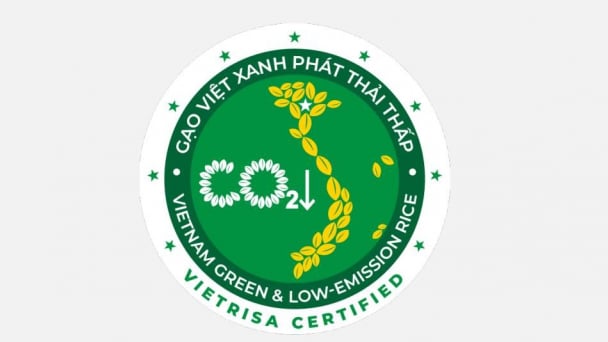
(VAN) The launch of the Vietnam green and low-emission rice brand is a positive signal for both businesses and farmers, marking readiness to reach new heights in the global market.

(VAN) The U.S. tariff will have a significant impact on Vietnam’s wood industry as well as the U.S. furniture market. A reasonable tariff rate would be beneficial for both sides.
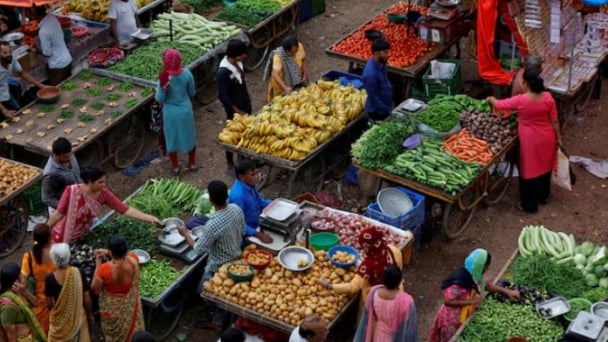
(VAN) India's retail inflation remained below the central bank's 4% target for the third consecutive month as food prices rose at a slower pace, opening up room for more interest rate cuts.
![Multi-channel, multi-directional Vietnamese agricultural markets: [5] Safety is the key](https://t.ex-cdn.com/nongnghiepmoitruong.vn/608w/files/linhnhp/2025/05/13/trai-cay-viet-nam-170345_133-221148-0908330.jpg)
(VAN) The Middle Eastern market presents new opportunities for Vietnamese agricultural products, but safety in product quality, payment, and partnership relations is a fundamental principle.
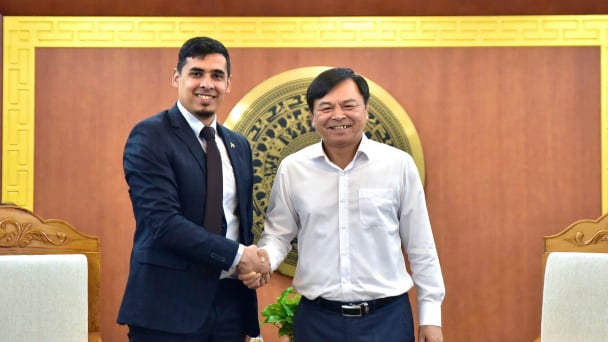
(VAN) Vietnam's participation in the AGROALBA project helps open up broader investment opportunities for enterprises to access markets in the fields of agriculture.
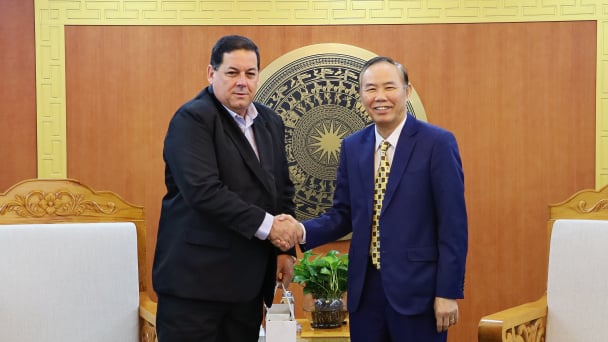
(VAN) On May 13, Deputy Minister of Agriculture and Environment Phung Duc Tien held a meeting with Cuban Deputy Minister of the Food Industry Javier Francisco Agular Rodriguez.
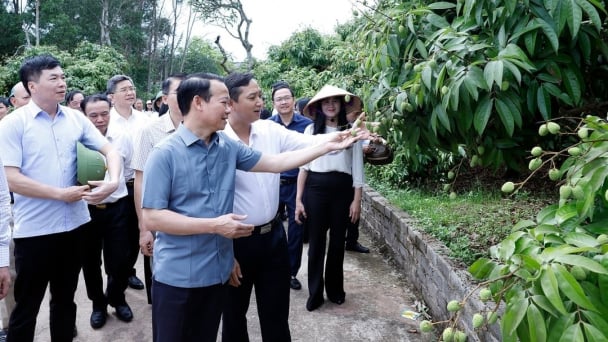
(VAN) Agriculture and environment sector experienced a 3.74% increase in growth during the first four months of 2025, with exports surpassing 21 billion USD. This growth was sustained by effective reforms and a trade surplus.